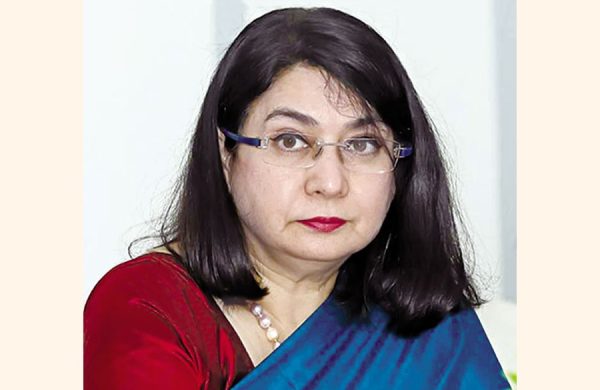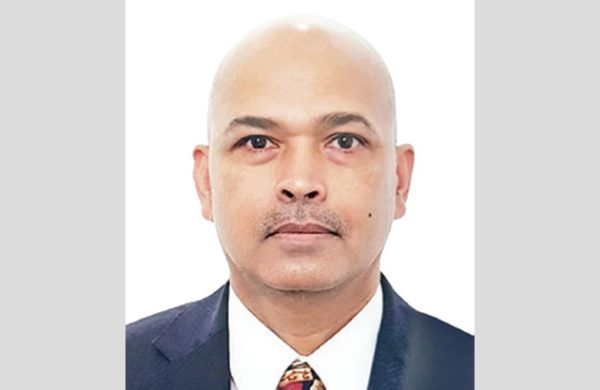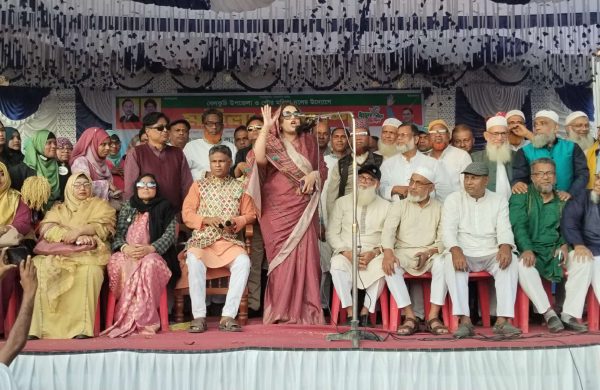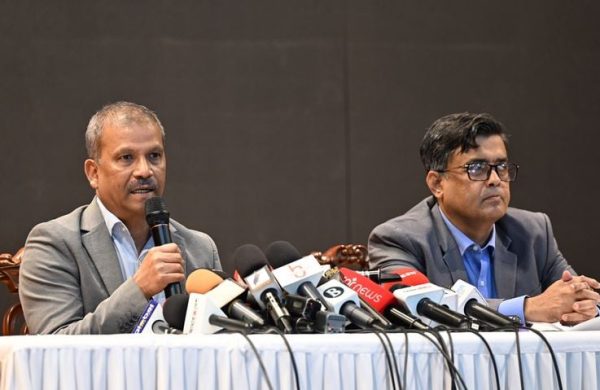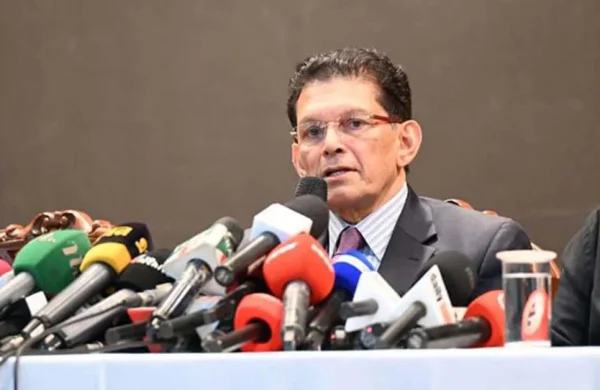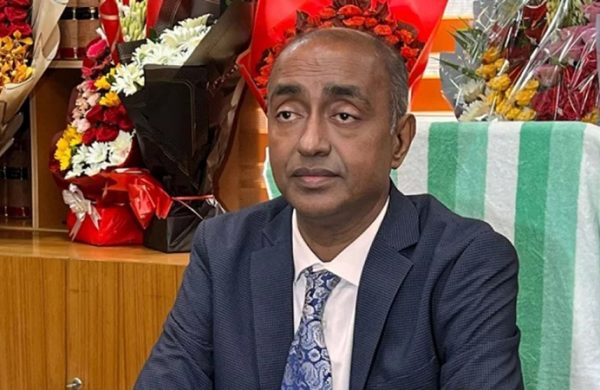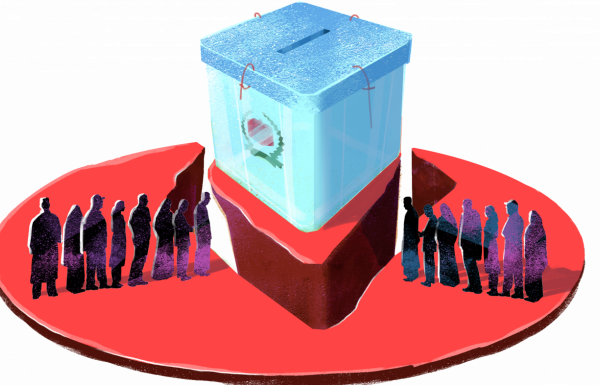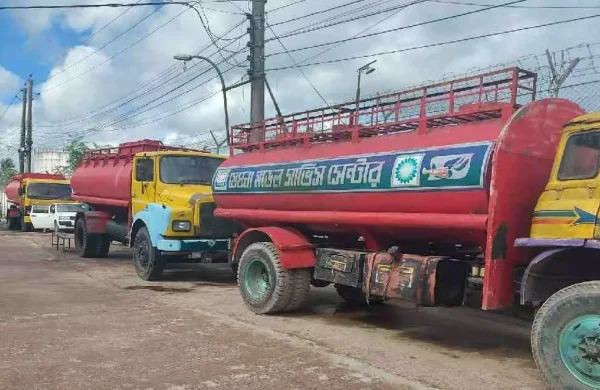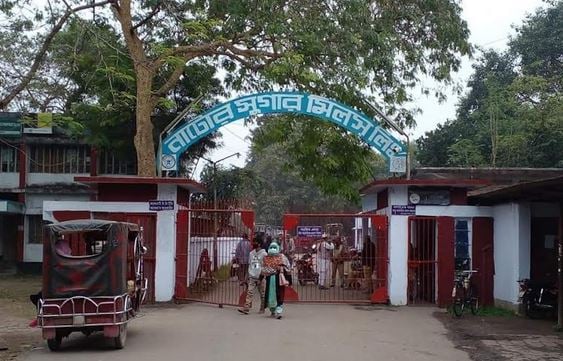Is Extradition Issue Determining Bangladesh-India Relations!
- Update Time : Thursday, November 20, 2025

—Mahfuzur Rahman—
The International Criminal Court of Bangladesh on 17 November 2025, convicted both the former prime minister and the home minister of the murders committed during the July-August 2024 anti-discrimination student movement. The court sentenced them to death, in absentia, for ‘crimes against humanity’. Earlier, the court had issued arrest warrants against them. As both of them voluntarily fled the country and took refuge in India, the court declared them absconders. If they are still absconding for a certain period of time, they will not be able to appeal against this trial. Bangladesh had sent a diplomatic note to India in December last year to extradite Sheikh Hasina. Since then, India has not responded but has remained silent about it. After the court’s verdict, the Bangladesh Foreign Office, through a press release, again requested India to respect the court’s verdict and extradite the ‘two convicts’. On the other hand, India also responded, saying that it has ‘noted’ the verdict of the International Criminal Court in Bangladesh. It said that as a close neighbour, India remained ‘committed to the best interests of the people of Bangladesh, including peace, democracy, inclusion and stability in Bangladesh. And added that it always engaged constructively with all stakeholders to that end.’
An extradition treaty between Bangladesh and India is in force. After signing this treaty in 2013, it was amended more effectively in 2016. Since the extradition treaty is in force, many in Bangladesh thought that Sheikh Hasina’s extradition would not be a difficult task. We forget that bilateral agreements, understandings or arrangements always work perfectly when bilateral relations are good. But whenever tensions loom, relations are strained, and both sides start looking for loopholes in the agreement and start interpreting the words used in the agreement in their own way. Instead of benefiting from the agreements, the relationship flinches, getting worse. It has been predictable that the relationship between Bangladesh and India will also go from bad to worse in this way. Again, those in Bangladesh who are loud about the trial of the July-August murders want to see the verdict implemented at any cost.
In such cases, the bilateral relationship is the most affected. There are many aspects to the relationships between the two neighbouring countries. Overall, the relationships flourish and deepen. It goes without saying that the relationships between Bangladesh and India are multifaceted and deep. But when such deep relationships turn into a conflict over just one or two issues, the overall relationships between the two sides tend to deteriorate. Senses of goodwill, courtesy and confidence are lost, and the entire relationships suffer. We are unfortunately at such a juncture between Bangladesh and India.
We did not have any visible follow-up on the diplomatic note requesting extradition. It means our diplomatic initiative was less active on this particular issue. Now that the trial is over, it is important for us to prove that the trial was just, impartial and fair. The court was not biased or unfair, and most importantly, it was not tempted by the sense of revenge, and the accused was given adequate opportunity to defend themselves.
With the same spirit, whenever there is an opportunity that comes before us, that should be utilised to make our case. That is, the issue should be dragged into the discussion on every possible opportunity. The extradition treaty in question should also be examined in its letter and spirit.
India’s position on the issue is also important to observe. India has probably wanted to bring a balance between legal issues and political fallout. It opted to send a message by not responding to the extradition request. We need to take that message into account to formulate our strategy. In the response that India has given this time, it has used, among others, terms like ‘democracy’, ‘people’, and ‘inclusion’. All of these carry particular meaning in this context. Additionally, the words ‘constructive engagement’ and ‘all stakeholders’, which India used, transmit a more meaningful message. Earlier, the Indian Foreign Secretary, in one of his remarks, indicated that he looked forward to seeing the ‘future’ democratic government of Bangladesh. Therefore, by summation of all these, India, without saying anything on the extradition issue, has expressed its position quite clearly.
Under the circumstances, I am often faced with several questions. One, can India withdraw from the extradition treaty? Two, if extradition is not possible as per the treaty, cannot there be any other measure? Especially the international system? What should we do then? Will our relations with India be jeopardised? I think that although there are many questions, the answers are based on the same formula.
Whenever we want to achieve something from a country, it is most effective to develop the best of relations with that country. It is the easiest to gain from warmth and the hardest from hostility. Therefore, it will be most pragmatic and prudent not to confine the entire gamut of bilateral relations between Bangladesh and India into one small box and pump-up hostility. Rather, we can gain more and conquer all from friendly relations. The continuation of dialogues is the best available tool at this age. It ensures growth of relationships with dignity, equality, respect and humility, delivers the best possible benefits for both, and definitely erases all forms of dispute, difference and animosity. When the two countries stand at loggerheads, the urgency for diplomatic resolution only grows stronger.
————————————————–
The writer is a former Bangladeshi Ambassador



